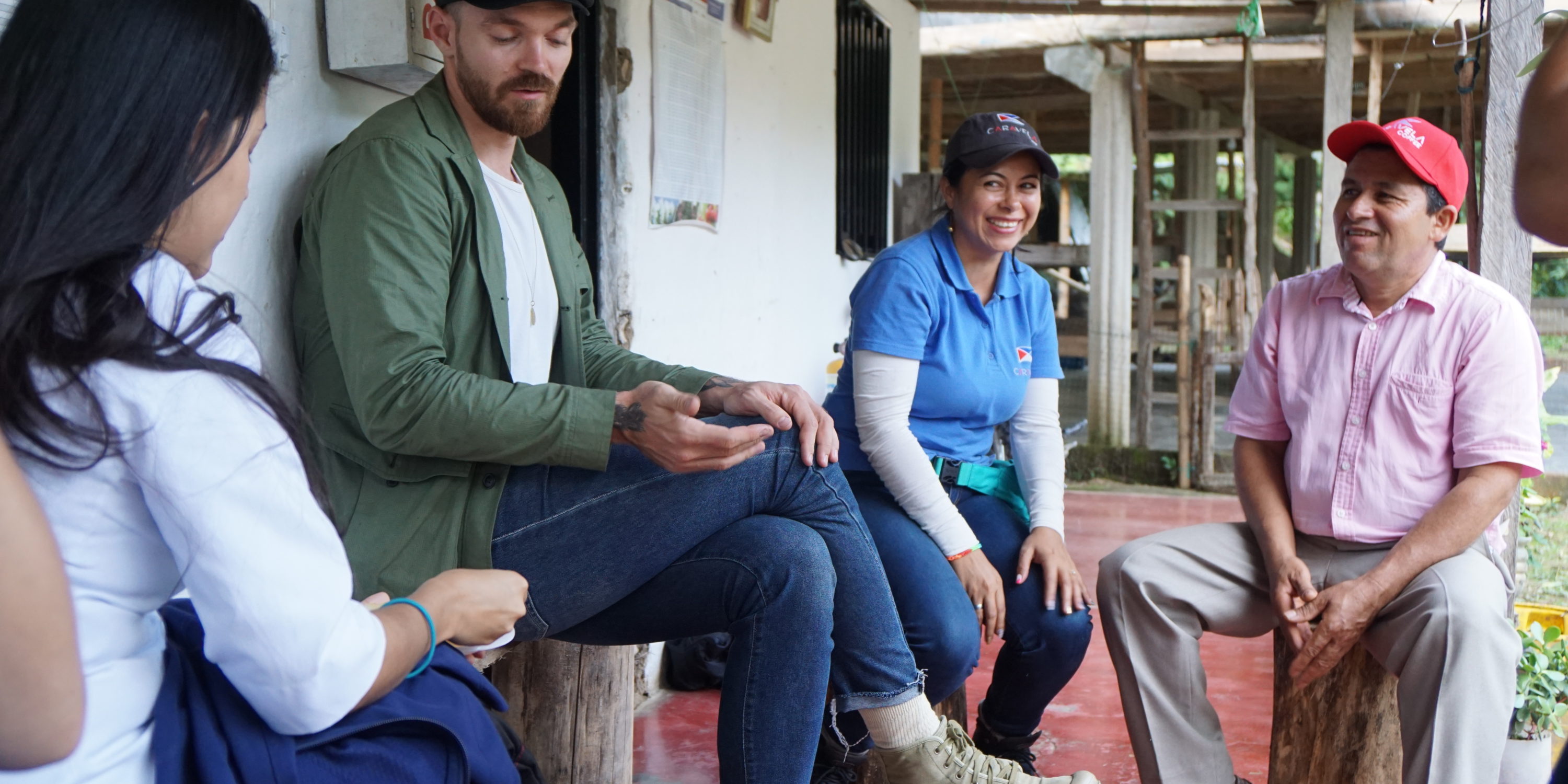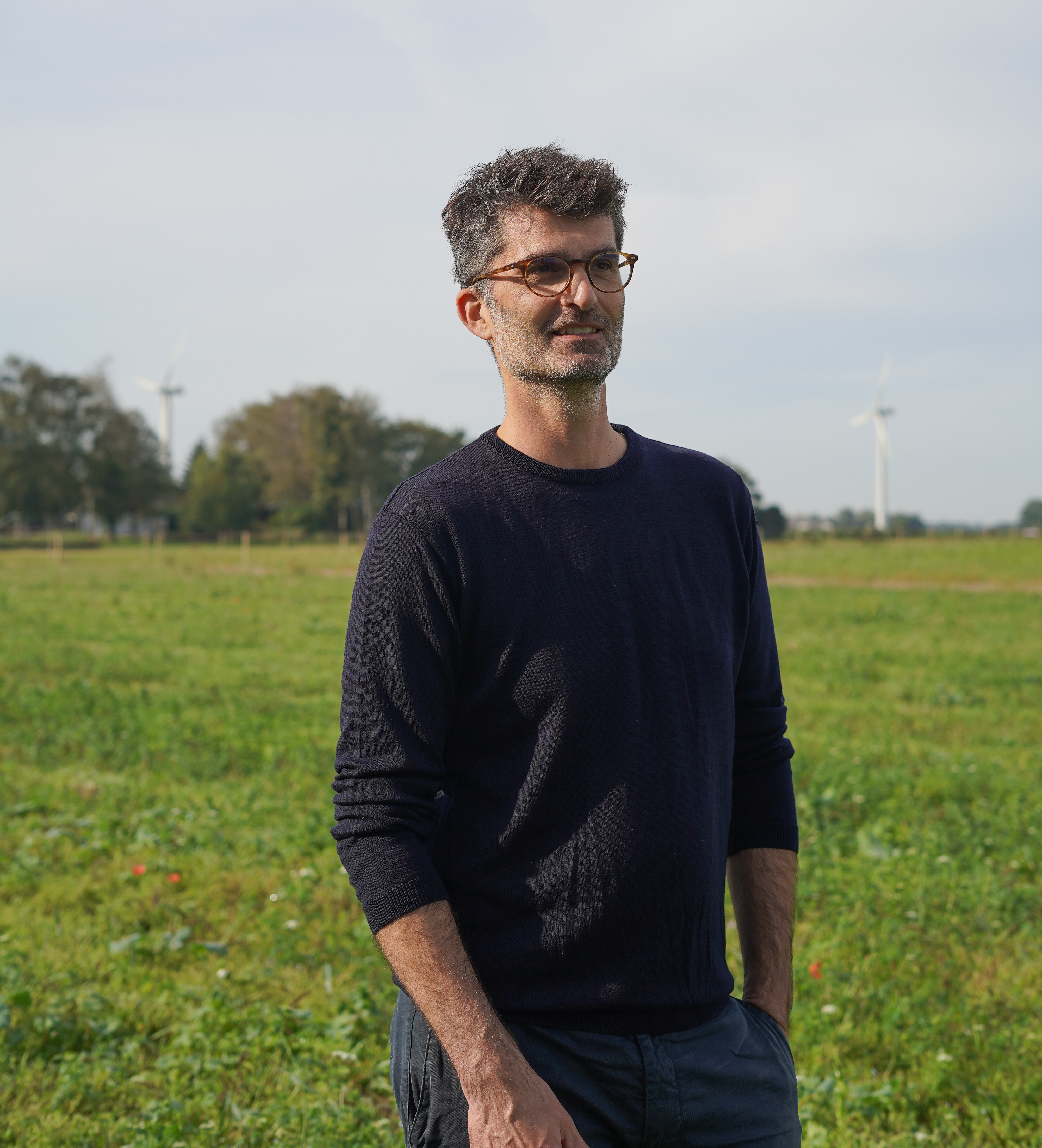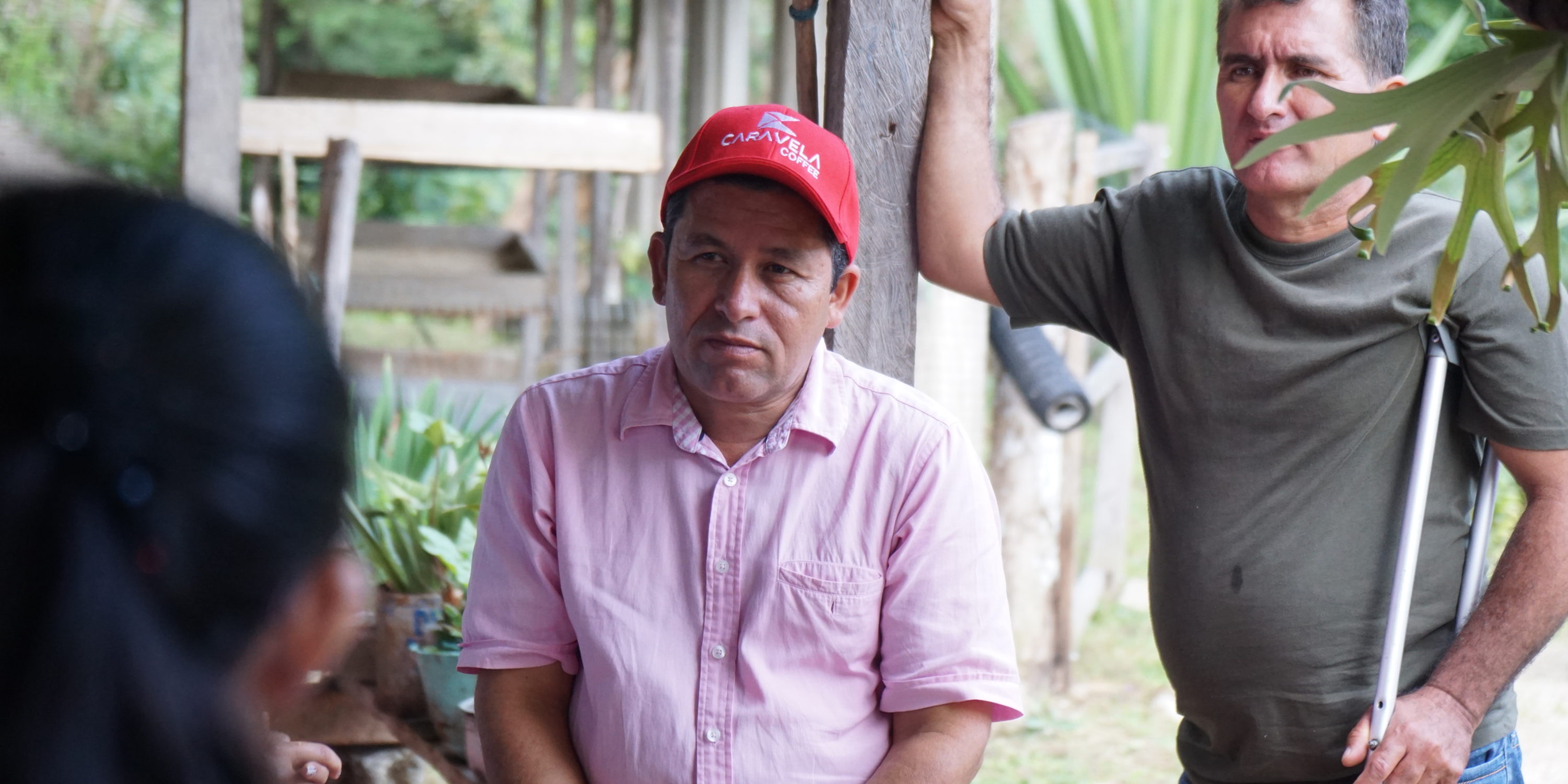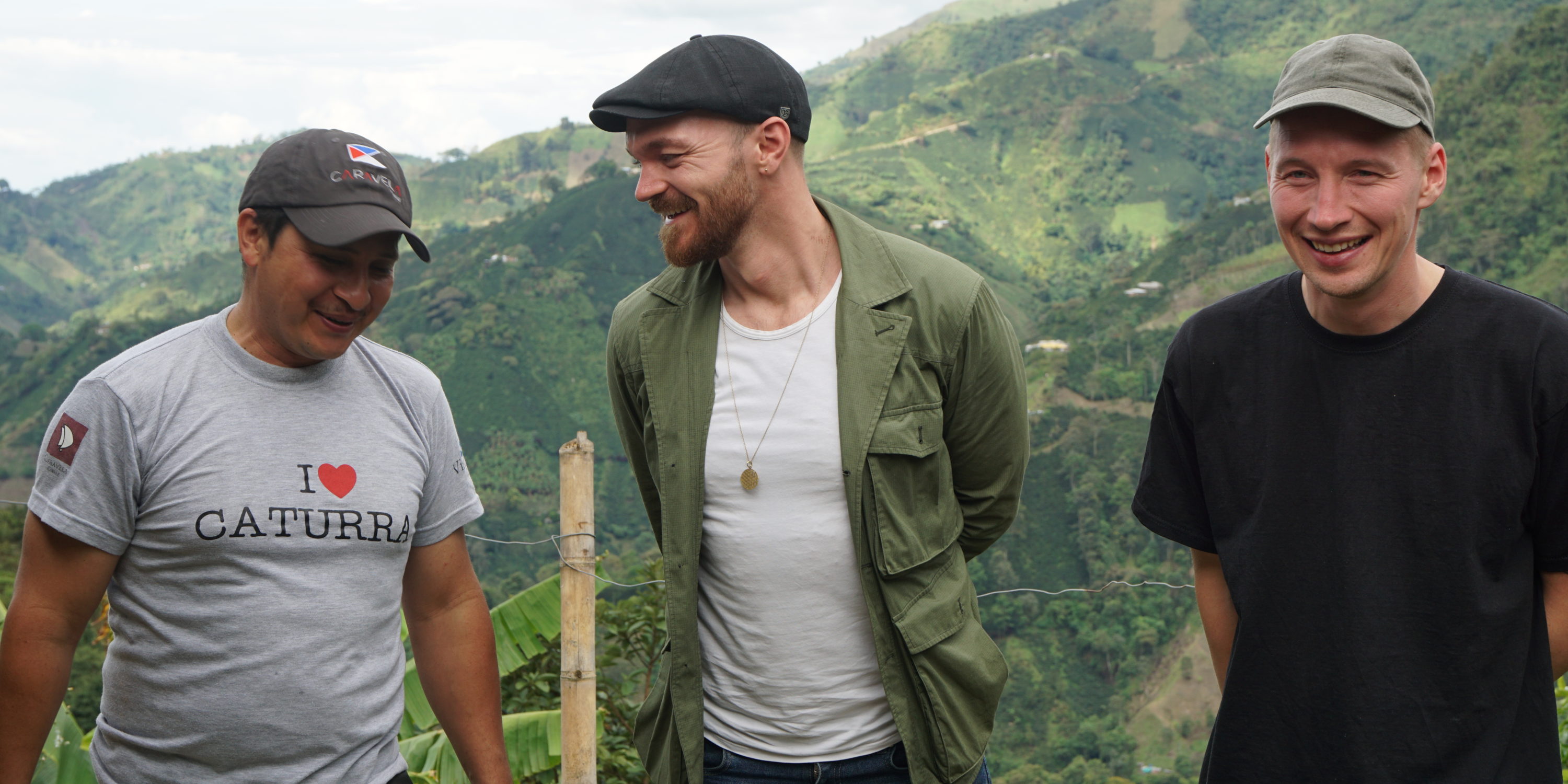Consumers are happy to pay good money for a good cup of coffee. In the other end of the coffee chain an increasing number of farmers are paid ever less for their product. This is a development we have seen before, called the Coffee Paradox. In the third article of our blog series on said topic, we dig into the trade aspects of this development.
Coffee is not just a drink. There is so much more to it – one of those being trade. The global trade of coffee has earlier been cited as the second largest traded commodity after oil. Whether or not that is exact, it is a fact that millions of people’s livelihood depends directly on the coffee production and the prevailing prices paid for it. But what happens when the market price of coffee is decided in a room in New York, far away from the farmers, producers and people working in the coffee industry as well as from the consumers enjoying that coffee? And could there be another way to create a more sustainable market for Specialty Coffee?
Learn more about the Coffee Paradox in the first article in this series.
In this article we will present to you some of the ideas behind what we have called our Direct Trade model. Our aim is to bring the ideas to the table, not because we believe we have found the perfect solution to sustainable coffee trade, but in the hope to be able to chip in to the larger conversations on how the coffee trade can move in a more sustainable direction.
Origin of the term Direct Trade
When we started the Coffee Collective in 2007, one of our founding visions was to build a business model based on turning the Coffee Paradox upside down. When consumers are willing to pay higher prices for better coffee experiences it should be possible to make a business model where farmers also get higher prices for better qualities. This business model has two purposes; the purpose to reward the farmer for the high quality in the coffee, and the purpose to ensure the existence and supply of good coffee in the long run.
We found that some great American roasters had similar visions and that they had started to use the term Direct Trade to describe their way of sourcing green coffee. A term very useful in communicating our visions for the trade. Geoff Watts of Intelligentsia, a Chicago based roastery, who came up with the term, welcomed our use of it and encouraged us to protect the integrity of it.
The term Direct Trade followed great in line with our initial ideas to have a trade model that would be based on falsifiable promises that we would be open to document to any customer or journalist who would be interested. And, to only use the term on our bags of coffee if we could for that particular lot document these exact promises.
The idea behind this was to give the consumer some tangible promises to relate to, instead of just talking about our great work in such broad terms that would be hard to critique. Because if all the great stories of sustainable coffee trading one can run into are true, and everyone actually does what they say they do, things from the farmers’ perspective would look a lot better. This unfortunately is not the story, and people who have visited the origins of coffee would know.
The two promises we have always been able to document if we mark a bag of coffee with ‘Direct Trade’ is first, that we have paid at least 25% above the Fair-Trade price to the producer, and second we visit the producer every year.
Historically in the coffee industry there has been a lot of middlemen who, because of unequal market power relations, have been able to get a disproportionally high share of the pie. Whereas the coffee farmers being the ones with the least market power as a consequence are the ones getting the smallest share of the pie in the end.
That’s what the fundamental thought behind Direct Trade targets – a trade solely between people adding value to the product.
As such in an attempt to empower the farmers, a core part of our green bean sourcing program would be to cut out the middlemen who does not add value to the product and meet up with the producers ourselves to negotiate prices that reflects the quality of the product. That being the grower of the coffee or the post-harvest processing organization whether it is privately or cooperatively owned. In our experience, meeting up as equal trade partners adds more value to the product and ensures the producer receives the righteous price.
Farm Gate Price versus Producer Price
Basic for our approach is that we aim at creating a sustainable market for farmers and producers.
When talking about a sustainable market for the farmers, the term ‘Farm Gate price’ is sometimes used to describe what price the farmer has been paid for her or his coffee.
While the Farm Gate prices is important, we often find that in practice reaching that far out in the coffee chain is unrealistic. Some small farmers, in for instance Kenya or Ethiopia, might produce one single bag of coffee, and if we should negotiate prices and make contracts with each of them it would take way too many resources for that coffee ever to be sold at a reasonable price.
First of all, we believe that a lot of quality in coffee is developed at the post-harvest processing unit (i.e. a washing station or setup for drying Naturals) and second, with sustainability in focus it is important to make sure that money is transcending the Capitals of the producing countries to investments and jobs in the small communities where coffee is grown. This is why we focus on what we call the Producer Price. The Producer Price being what we pay to the level of post-harvest processing whether that is also being the same as the Farm Gate or not (as is the case for medium to large scale farmers), but it will always be aimed at producers in the country side.
This can seem a bit confusing. ‘Who is the producer?’, you may ask. If you take a look at our coffee bags the producer, to which level we do business, is the primary name that appears (i.e. Finca Vista Hermosa, Kieni, Akmel Nuri).
For us, doing a sustainable business entails recognizing and trusting the producers in knowing what is the best to do at their site. It is very important to us, that we do not tell the producers what to spend their money on or earmark for certain projects. If they do not think that something is worth investing in, we do not believe it will increase quality nor sustainability in the long run telling them otherwise. It is the farmers who are spending their lives at the site, where we only come to visit for a few days a year, who knows the best.
Therefore, it is very important for us to listen to what the farmers have to say and a good example of this comes from our work with some great people in Huila, Colombia.
A talk about Origin visits
A few weeks back, Peter Ebdrup and Lukas Kragelund returned from Colombia. Besides them being bar managers of our two coffee shops, Peter Ebdrup is also responsible for our sourcing from Colombia. On this visit he signed fixed price contracts for the late harvest with the three farmers Duver Rojas, Edilfonso Yara and Jaime Casallas who we have all been working with since 2012.
Our contracts with Colombian coffee farmers are based on fixed prices and states the volumes of coffee they expect to make in the upcoming harvest. It is not common practise for us, to make a fixed price contract with a farmer or producer before the harvest. Usually, we visit the farmers at the end of the harvest and negotiate the price depending on the actual quality of the final product.
We have had a chat with Peter Ebdrup about the fixed price contracts and his latest origin visit:
»A few years back, the farmers we work with in Colombia told us that they had more and more difficulties finding good pickers, at the wages they could offer. One of the issues was the uncertainty in pricing for the end product. So, if they knew what price they would actually get for the coffee, they would have financial assurance to invest in hiring the right pickers to do a good job and not be forced to minimize costs at the expense of the important processes that help ensure high quality. This was one of the reasons why we started doing these fixed price contracts with them.«
»This is the fourth time I have gone to visit Jaime, Duver and Edilfonso. And this time they had, in our preparational communications, expressed a wish for an increase in fixed-prices. So, it was great opportunity to sit down with them and negotiate a lift in the prices, while at the same time talk about the correlation between quality and pricing.«
Read more about Peter Ebdrup and his origin visits in Colombia.
»Personally, it is an inspiration to visit the farmers in Colombia and very overwhelming to witness the work that goes into the product. I get the impression, they, just like us, appreciate the personal contact. When I return to Denmark, we maintain the contact with the farmer as well as the export company, Caravela, and the collaboration and negotiation continues.«
»When you produce high quality coffee and look at the amount of extra time and effort it takes to produce, it doesn’t necessarily add up with the extra income from a labour perspective. It rather seems that the motivation comes from, of course growing a genuinely good product, but also the fact that customers in the other end of the chain appreciate their work and their produce.«
In the next article we will discuss the issue of transparency further and you will learn about the bonuses we have paid to the producers over the years to reward their hard work to increase quality. We appreciate your interest in the series on Coffee Paradox.
Would you like to get our different coffees delivered directly to your doorstep? We've got you covered.
Address
Coffee Collective
Godthåbsvej 34B
2000 Frederiksberg
CVR: 30706595
Contact
mail@coffeecollective.dk
+45 60 15 15 25 (09.00-15.00)
Coffee and cookies
This site uses cookies.
Find out more on how we use cookies.



